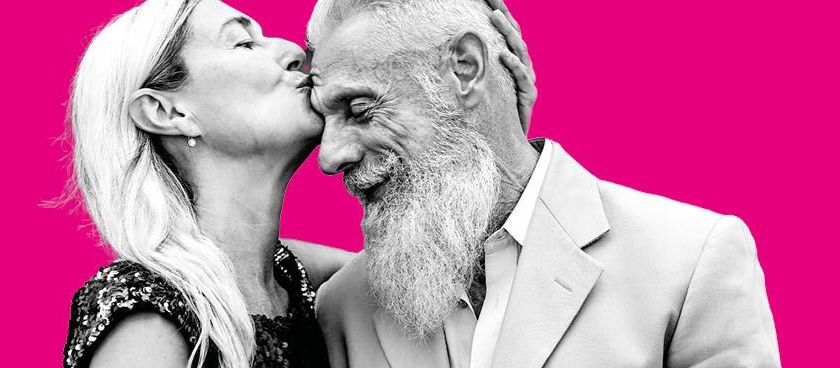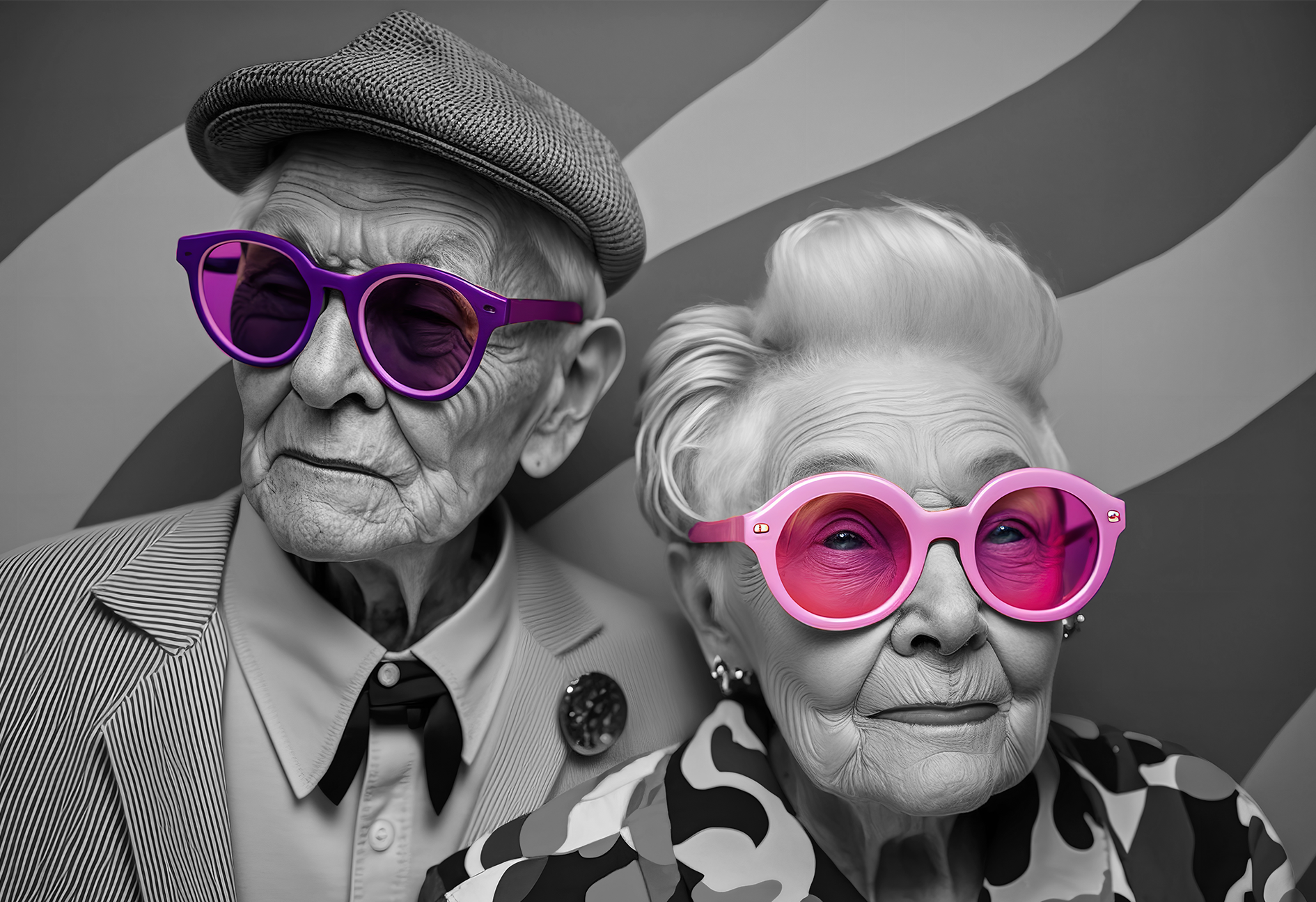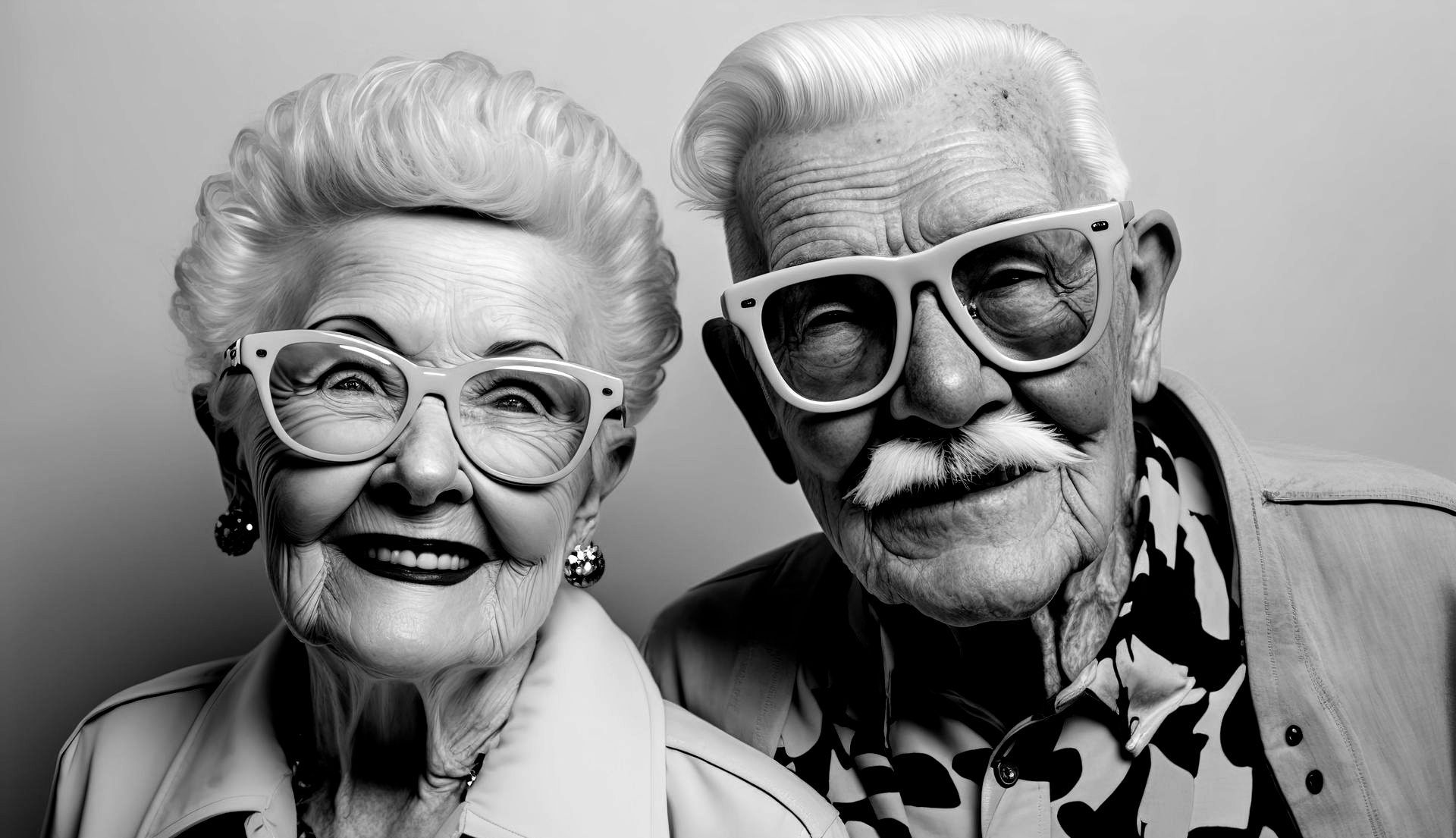Let's talk 01255 421621 or care@distinguished.world
Hot Weather Safety for Older Adults
All people should avoid excessive heat. Being older or having health issues makes it extremely riskier. When you are hot, you should take precautions and seek help right away. If you don't, you can feel sick or risk contracting a disease brought on by the heat that might be very harmful to your health.
Why is it that elderly persons can be more at risk from extreme weather than younger people? The body may have trouble controlling its temperature on hotter days. For elderly persons who often do not respond to unexpected temperature fluctuations as well as others, this can be difficult. Additionally, older persons are more likely to take prescription medications that influence the body's capacity to regulate temperature or sweat as well as having long-term medical disorders that affect how the body responds to heat.
Illnesses caused by the heat
Numerous health issues can be brought on by prolonged overheating or sun exposure without protection. The following ailments are caused by the heat:
- Heat syncope is a sudden dizziness that can happen when you are active in hot weather. If you take a heart medication called a beta blocker or are not acclimated to hot weather, you are even more likely to feel faint. Rest in a cool place, put your legs up, and drink water to make the dizzy feeling go away.
- Heat cramps are the painful tightening or spasms of muscles in your stomach, arms, or legs. Cramps can result from hard work or intense exercise. Though your body temperature and pulse usually stay normal during heat cramps, your skin may feel moist and cool. Stop the physical activity you’re doing and rest in the shade or in a cool building. Drink plenty of fluids, such as water and sports drinks containing electrolytes. Do not consume alcohol or caffeinated beverages.
- Heat edema is a swelling in your ankles and feet when you get hot. Put your legs up to help reduce swelling. If that doesn’t work fairly quickly, check with your doctor.
- Heat rash is a skin irritation from heavy sweating. It causes red clusters of small blisters that look similar to pimples on the skin. Your skin may feel itchy or you may feel “prickly” tingling pain. Keep the infected area dry, use powder to sooth the rash, and stay in cool areas.
- Heat exhaustion is a warning that your body can no longer keep itself cool. You might feel thirsty, dizzy, weak, uncoordinated, and nauseated. You may sweat a lot. Your body temperature may stay normal, but your skin may feel cold and clammy. Some people with heat exhaustion have a rapid pulse. Rest in a cool place and get plenty of fluids. If you don’t feel better soon, get medical care. Be cautious because heat exhaustion can progress to heat stroke.
- Heat stroke is a medical emergency in which the body’s temperature rises above 104°F. Signs of heat stroke are fainting; confusion or acting strangely; not sweating even when it’s hot; dry, flushed skin; strong, rapid pulse; or a slow, weak pulse. When a person has any of these symptoms, they should seek medical help right away and immediately move to a cooler place, such as under shade or indoors. They should also take action to lower their body temperature with cool clothes, a cool bath or shower, and fans.
- Sun exposure, also known as sunburn, is a sign of skin damage due to extreme or long exposure. Your skin may appear red and tender, develop blisters, start to peel, and be warm to the touch. Severe reactions may cause fever, chills, nausea, or rash. Prevent sunburn by wearing protective clothing that covers your skin and staying out of direct sunlight. Using a broad spectrum sunscreen with an SPF of 15 or higher can also help prevent sunburns, but be sure to reapply often. If you are sunburned, wear lightweight clothing, take cool showers, moisturize affected areas, and stay out of the sun so your skin can heal.
What raises the risk of heat-related illnesses for older adults?
Older adults are at higher risk for heat-related illnesses and death. Factors that put older adults at greater risk may include:
- Health problems such as cardiovascular, lung, or kidney disease
- Changes in skin caused by normal aging
- Any illness that causes weakness or results in a fever
- Taking drugs such as diuretics, sedatives, tranquilizers, and some heart and high blood pressure medicines that may make it harder for the body to cool itself
- Being on several prescription drugs at the same time
- Having obesity, overweight, or underweight
- Drinking alcoholic beverages
- Living in places without air conditioning or fans
- Becoming dehydrated
Tips to stay safe in hot weather
Things you can do to lower your risk of heat-related illness:
- Drink plenty of liquids, such as water, fruit or vegetable juices, or drinks that contain electrolytes. Avoid alcohol and caffeinated beverages. If your doctor has told you to limit your liquids, ask what you should do when it is very hot.
- If you live in a home without air conditioning or fans, try to keep your space as cool as possible. Limit use of the oven; keep shades, blinds, or curtains closed during the hottest part of the day; and open windows at night.
- If your living space is hot, try to spend time during midday in a place that has air conditioning. For example, go to the shopping mall, movies, library, senior center, or a friend’s home. You may also contact your local health department or city to find out if they have air-conditioned shelters in your area.
- If you need help getting to a cooler place, ask a friend or relative. Some religious groups, senior centers, and Area Agencies on Aging provide this service. Search the Eldercare Locator to find services in your area. You could also consider taking a taxi or other car service or calling your local government to see if they offer senior transportation. Don’t stand outside in the heat waiting for a bus.
- Dress for the weather. Wear lightweight, light-colored, loose-fitting clothing. Natural fabrics such as cotton may feel cooler than synthetic fibers.
- Avoid outdoor exercising and other physical activity when it is very hot. Instead, try to find someplace you can be active while staying cool indoors.
- If you must go outside, try to limit your time out and avoid crowded places. Plan trips during non-rush-hour times.
- Make sure to use a broad spectrum sunscreen, SPF 15 or higher, and reapply it throughout the day, especially if your skin will have continuous exposure to the sun. Wear a hat and other protective clothing, and sunglasses. If you do get sunburned, stay out of the sun until your skin is healed and use cool cloths and moisturizers to treat the affected area.
- Ask your doctor if any of your medications make you more likely to become overheated or sunburned.
Key points to remember about hot weather safety
Older people can have a tougher time dealing with heat and humidity. The temperature inside or outside does not have to be high to put them at risk for a heat-related illness.
Headache, confusion, dizziness, or nausea could be a sign of a heat-related illness. Go to the doctor or to an emergency room to find out if you need treatment.
To keep heat-related illnesses from becoming a dangerous heat stroke, remember to:
- Get out of the sun and into a cool, ideally air-conditioned place.
- Drink fluids but avoid alcohol and caffeine.
- Shower, bathe, or sponge off with cool water.
- Lie down and rest.
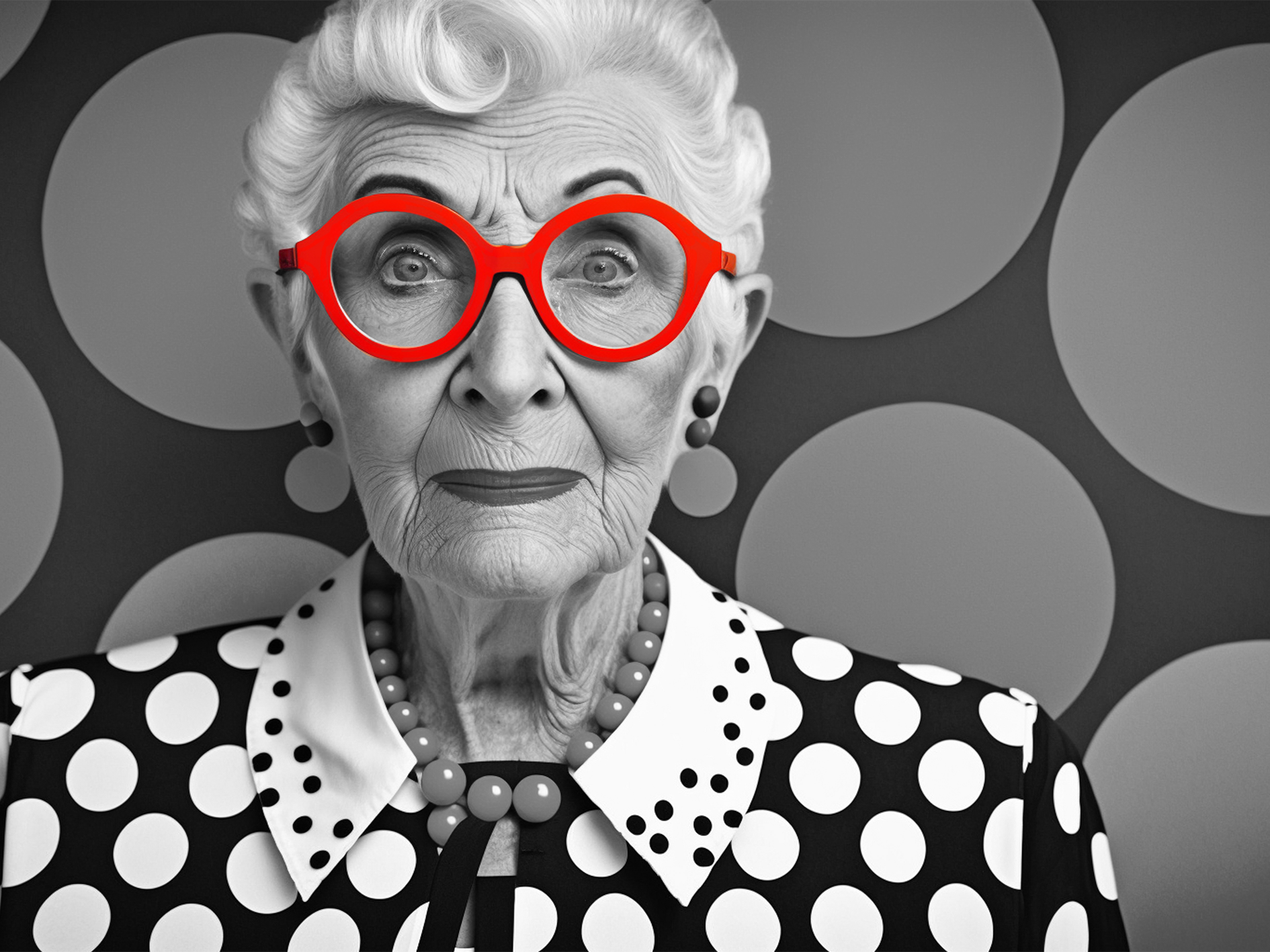
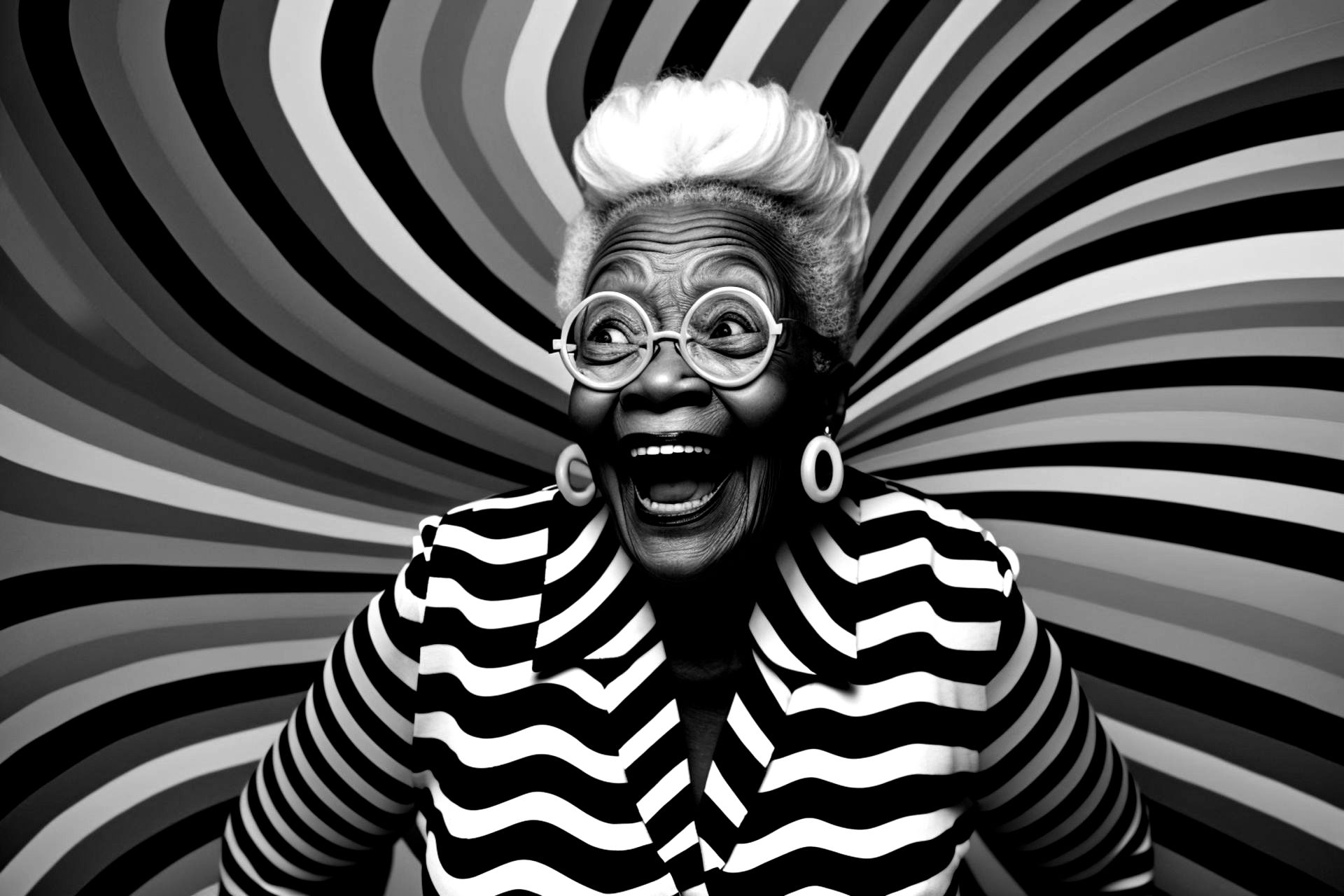

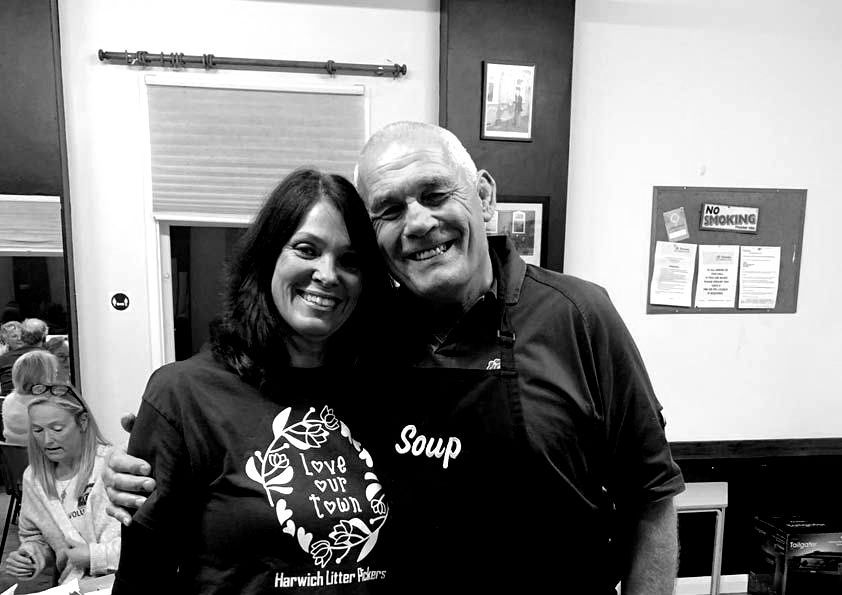
Call us NOW for
a free, no
obligation care consultation
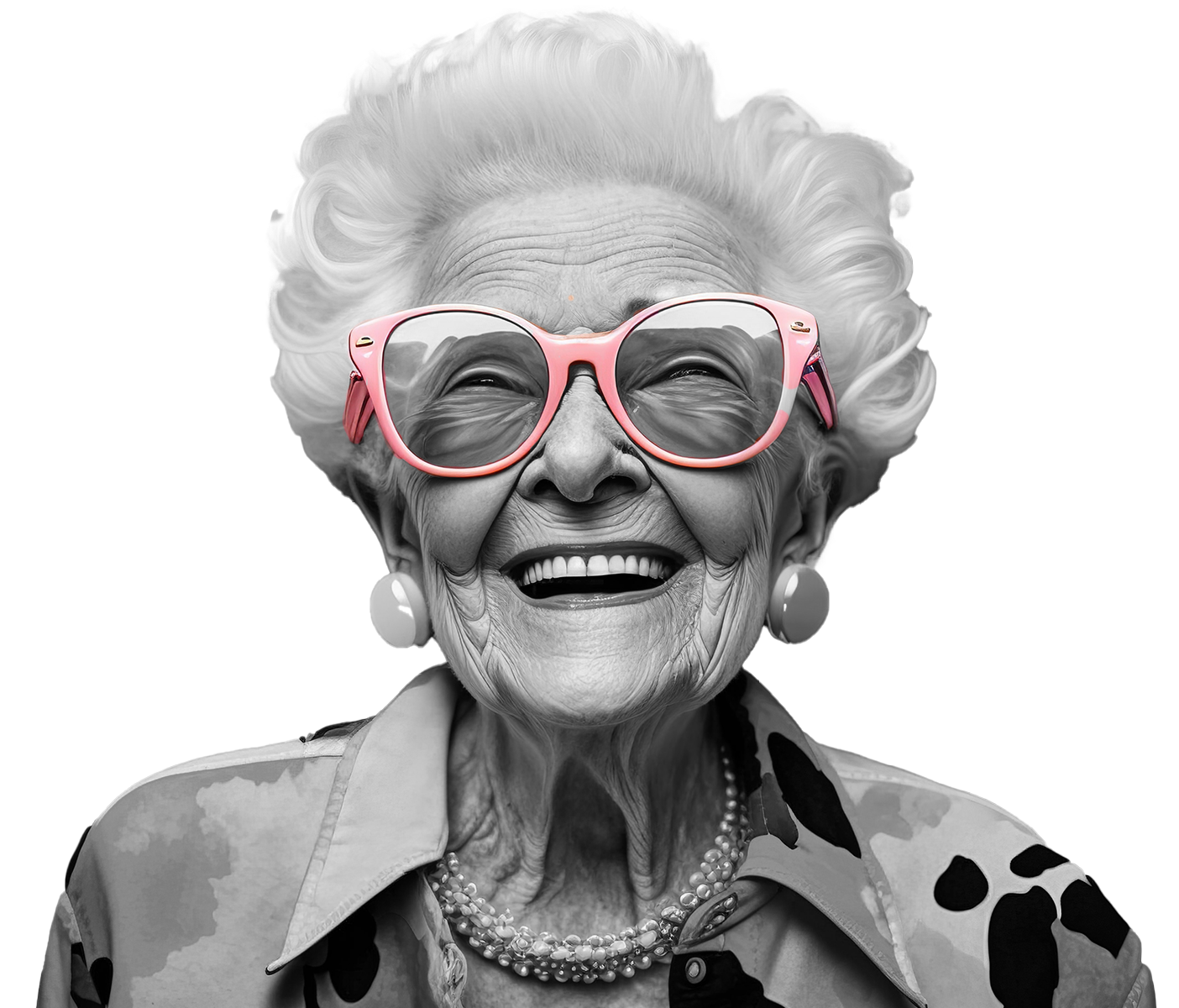
Big hearts, big smiles, empathy and enthusiasm...
the rest we can teach you
We are recruiting
amazing
care professionals

Express CV Register.
For busy care professionals pushed for time;
Contact Us
Thank you for contacting us.
We acknowledge receipt of your CV.
We will get back to you as soon as possible.
Have a great day.
Please try again later.

For more information please do not hesitate to call for an informal chat on 01255 421621 or email care@distinguished.world

If you require any emergency assistance do not hesitate to contact our Emergency On Call Team: 07534 971589


Would you like some more information or you have a question?
We're here to help you find the best quality care possible for you or your loved one. Alternatively you may need awarded training for your care staff?
We are so pleased to have our care service acknowledged by CQC...

Call Us On 01255 421 621
Lines open Monday - Friday, 0800 - 1800
Saturday & Sunday, 1000 - 1500 to discuss all your care needs.

Request a Callback
Simply fill in our online enquiry form
and we'll drop you a line at a time that's convenient for you.
our huge wellness blog




Join the 'Pink Club'?
Subscribe to the distinguished newsletter!
Thank you for contacting us.
We will keep you up to date with all the latest news and great gossip surrounding Distinguished Care Services.
Have a great day.
Oops, there was an error sending your message.
Please try again later
distinguished.world
Head Office
Unit 1 & 3 Queens Head Chambers
16 St Johns Road
Great Clacton
Essex CO15 4BS
Tel: 01255 421621
Emergency On Call: 07534 971589
care@distinguished.world
Organisation & Legal
distinguished.world
Head Office
Unit 1 & 3 Queens Head Chambers
16 St Johns Road
Great Clacton
Essex CO15 4BS
Tel: 01255 421621
Emergency On Call: 07534 971589
care@distinguished.world
Organisation
Legal
All Rights Reserved | distinguished.world Ltd
All Rights Reserved | distinguished.world Ltd





